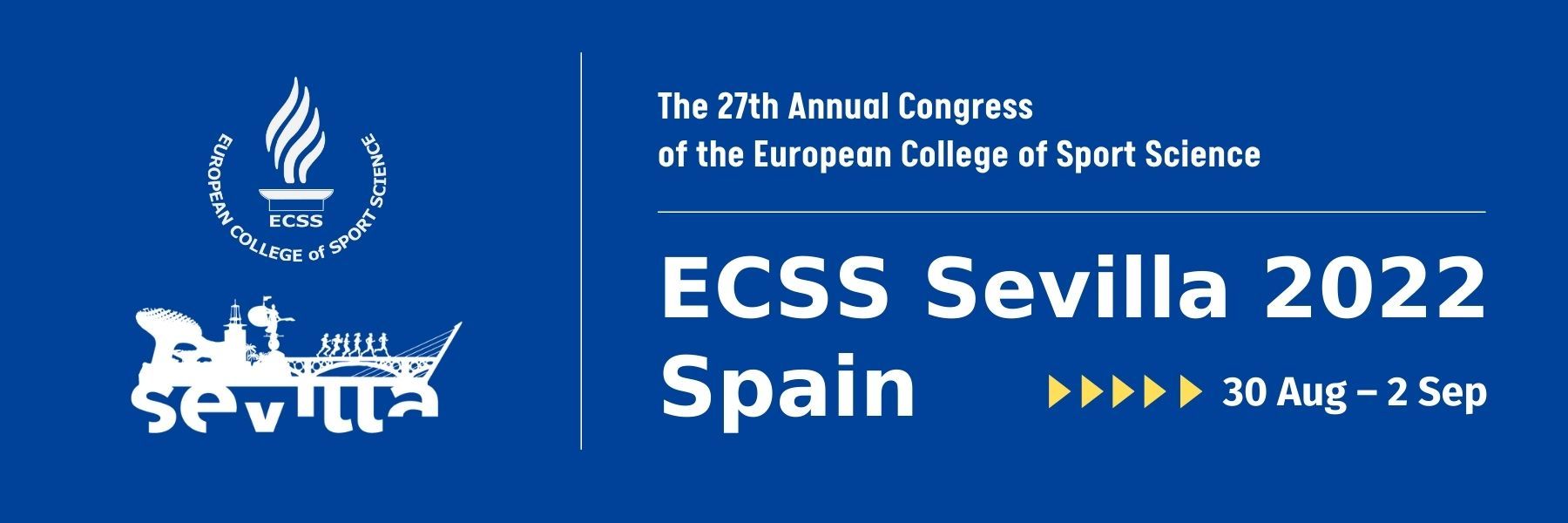Scientific Programme
Physiology & Nutrition
OP-PN18 - Nutrition II - Caffeine
Date: 01.07.2025, Time: 13:30 - 14:45, Session Room: Ponte
Description
Chair
TBA
TBA
TBA
ECSS Paris 2023: OP-PN18
Speaker A
TBA
TBA
TBA
"TBA"
TBA
Read CV TBA
ECSS Paris 2023: OP-PN18
Speaker B
TBA
TBA
TBA
"TBA"
TBA
Read CV TBA
ECSS Paris 2023: OP-PN18
Speaker C
TBA
TBA
TBA
"TBA"
TBA
Read CV TBA
ECSS Paris 2023: OP-PN18

